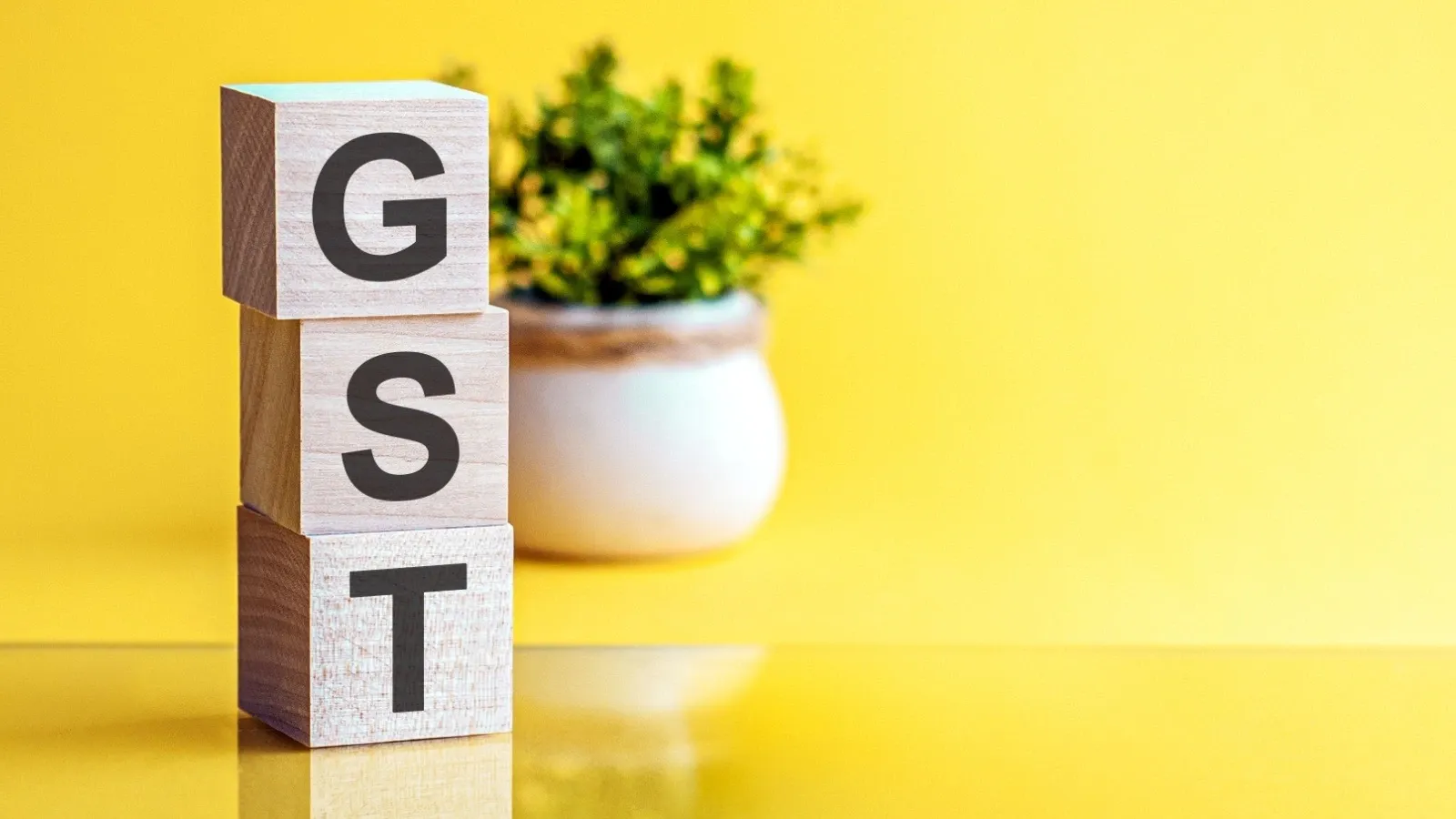Market News
Global investment firms hail GST 2.0 reforms, say cut will boost consumption
.jpeg)
4 min read | Updated on September 04, 2025, 11:51 IST
SUMMARY
The sheer scale of the GST cuts decisively ends any uncertainty around the government's stance on boosting consumption. This reform sweeps aside the scepticism about the intent and political will behind the consumer push, investment firm Bernstein said. Meanwhile, Citi said that the GST rate cut could lower inflation by 1.1 percentage points.

CLSA said that auto, FMCG, durables, cement, insurance, quick service retailers (QSR) and alcohol players will be the key direct beneficiaries of GST tax cuts. Image: Shutterstock
Global investment firms including Goldman Sachs, CLSA, Jefferies and Bernstein cheered the overhaul of the Goods and Services Tax (GST) regime announced by the GST Council on Wednesday.
They believe the GST rate cut will boost consumption going ahead.
CLSA, in its India strategy note, said that GST cut after income tax and interest rate cuts will boost consumption. Lower indirect taxes will lower working capital needs and raise return on equities (ROEs) for small and medium enterprises (SMEs) in the trade chain, boosting consumer confidence.
The investment firm added that auto, FMCG, durables, cement, insurance, quick service retailers (QSR) and alcohol players will be the key direct beneficiaries of these tax cuts.
Echoing a similar view, Goldman Sachs said that the GST rate cut would lead to a shift from unbranded products to branded products and provide an overall boost to consumption growth. The firm expects the GST rate cut to provide a potential for margin expansion for companies.
Bernstein, in its India strategy note, said that given the inventory in the system and the effective implementation from September 22, there could be some near-term adjustments as companies manage existing stocks.
Categories with higher penetration such as entry-level motorcycles may see a relatively muted demand response and in contrast, discretionary products like air conditioners could see more notable volume growth, the firm noted.
Bernstein, however, remains underweight on government capex as the policy attention shifts further toward consumption themes. The absence of negative surprises in the announcement reaffirms that policymakers are maintaining a clear focus on reviving consumption, it added.
The sheer scale decisively of the GST rate cuts ends any uncertainty around the government's stance on boosting consumption, and this reform sweeps aside the scepticism about the intent and political will behind the consumer push, Bernstein said.
Citi said that the GST rate cut could lower inflation by 1.1 percentage points as the items comprising 16% of the CPI basket fall under the categories which saw rate cuts. The actual impact may be lower due to partial pass through and input tax credits, Citi added.
Jefferies and UBS expect the proposed GST reforms to provide a broad-based boost to consumer sentiment, particularly in staples, durables and FMCG, while cautioning about some adverse impact on delivery platforms.
According to Jefferies, nearly all FMCG companies are set to benefit from a potential rate reduction, with tobacco seeing a “meaningful” tax cut—though with ambiguity on the timeline and outcome. The investment firm also highlighted that tweaks in GST rates for apparel and footwear should provide relief to the sector.
Jefferies flagged that the levy of GST on delivery charges, including food and quick-commerce platforms, would be a “slight negative” for players such as Zomato, Swiggy and Dunzo. The levy of 18% GST on local delivery services could pressure margins, though companies are expected to pass on the impact to consumers.
UBS, meanwhile, noted that a rate cut in cement is sentimentally positive, even if demand remains inelastic in the near term. The government’s focus on ensuring rate cut benefits are passed on to consumers could create a conducive environment for price hikes.
For consumer durables, UBS said the GST reform is “positive” for companies like Voltas and Havells, boosting affordability and festive-season demand, while helping clear channel inventory. The investment firm added that with easing inflation, income tax cuts and potential GST relief, white goods demand is likely to get a further push.
On FMCG, UBS said the reform should lift consumer sentiment, but for companies, the impact will depend on the extent of input tax credit that may be foregone. Overall, the impact is expected to be “neutral to positive” for most consumer names.
About The Author
Next Story


